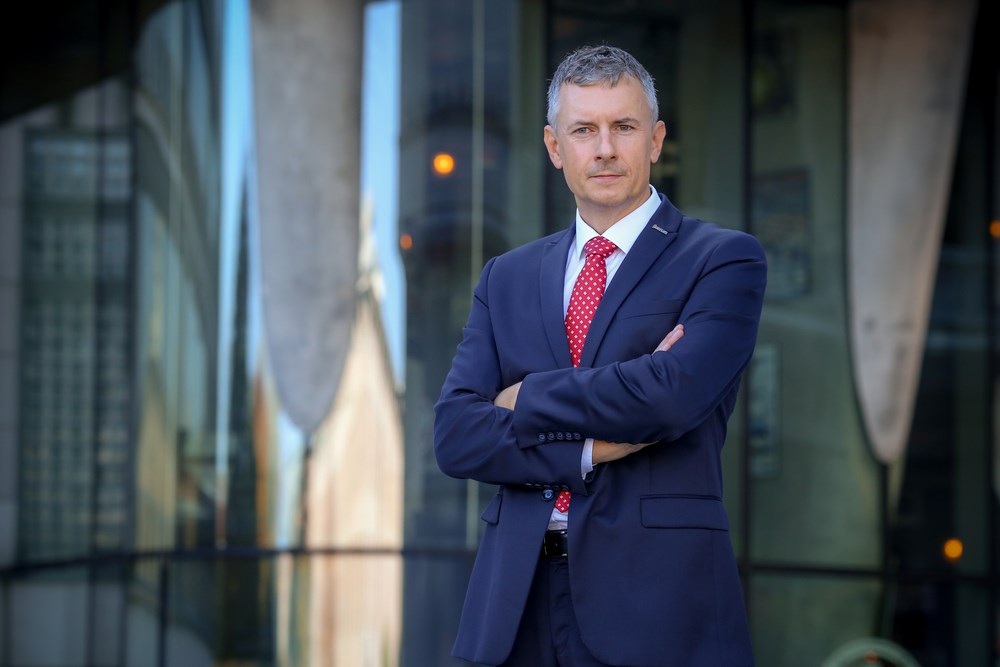Statement by Daniel Janusz, President of the Management Board of Feerum S.A. for PAP Biznes
As a company, we were not directly affected by the pandemic. From the beginning, we approached prophylaxis seriously, measuring employees’ temperatures, hygienic spraying after each shift, and ensuring that employees maintain adequate distances from each other during work. The food industry, maybe apart from meat producers, is in a better position than many other sectors. Coronavirus seems to be more a disease of cities, i.e. larger clusters of people, not villages. Food prices are rising and producers of flour, eggs and pasta are going through a good period because people have switched to cooking meals at home to a greater extent. Similarly, in the case of producers of spirit, which is used, among others for the production of disinfectants. Primary consumption and demand for food are not falling. Difficulties at the borders mean that many entities decide to have their own warehouse on site. As a result, we do not feel the weakening of the industry, quite the opposite. The order backlog in Poland has increased significantly, investments in silos in our country benefit from EU subsidies. We are competitive with Western companies, and our stable financial position also helps in the current situation.
Part of the contract with Epicentr K was spread over the period 2020/2021. We will not implement one of the contracts. Our partner’s decision resulted from the huge impact of the pandemic on the internal situation of Ukraine. However, we do not perceive the decline in the value of Ukrainian orders as a factor destabilizing the company’s situation. The fourth contract for Epicentr K with a value of 18,3 million EUR together with contracts for domestic customers form a satisfying order book for this year.
One of the effects of pandemic restrictions is a reduction in some of the costs associated with doing business, including relocation or cooperation with subcontractors. In addition, the stabilization of raw material prices will allow us to reduce the cost of product manufacture.
As for the contract in Tanzania, we are currently planning to implement it by the end of 2020. Due to the current difficulties in moving between continents, two site managers from Poland remained in place. Silos are ready, while social buildings and hall buildings are made by local subcontractors. The next stage will be the installation of electricity and the launch of silos. On the African market, we focus on the implementation of the current contract, but we are working on future contracts.
The coronavirus had an impact on the amount of dividend from last year’s profit. We can afford more, but due to the lack of predictability in the near future, we decided to leave more funds in the company. We want to remain a dividend company in the long term. We currently do not have any large investment plans, this year’s total investments will reach about 4 million PLN and will be incurred mainly for the development of production potential. We did very well in the first quarter, the outlook for the whole year looks promising.
The interview was published in the PAP Biznes message on July 3, 2020.
The entire interview can be read on: biznes.pap.pl


